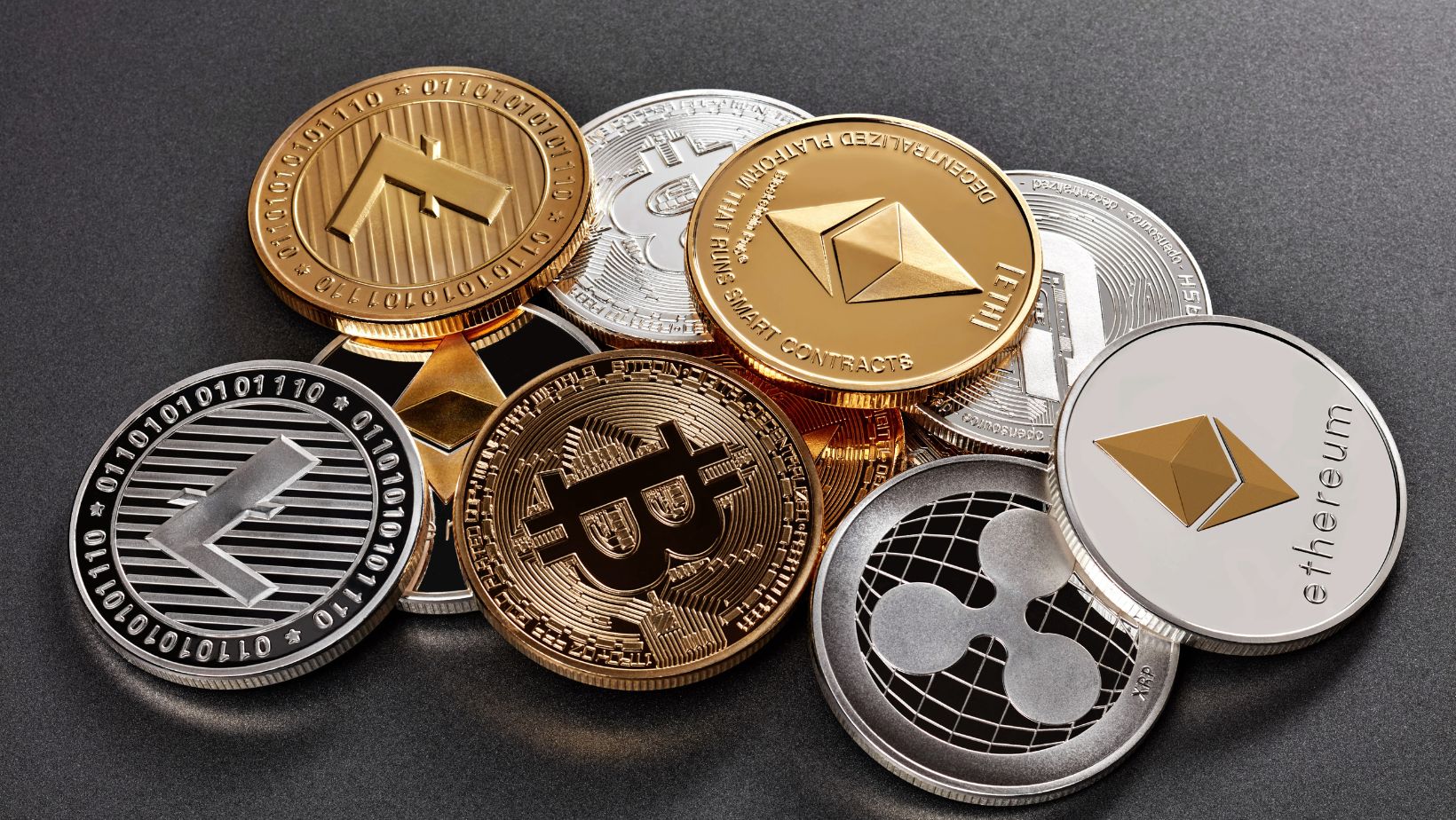
The appearance of blockchain technology and cryptocurrency has revolutionized various industries, including online gambling. Online casinos increasingly adopt these technologies to enhance transparency, security, and efficiency. Blockchain is a secure and unchangeable record system that ensures all transactions are transparent and safe. Cryptocurrency complements blockchain technology perfectly with its promise of fast and anonymous transactions. Together, they offer an innovative solution to many of the challenges faced by the online casino industry. This article explores the opportunities and challenges of integrating blockchain and cryptocurrency into the casino industry.
Enhancing Security and Transparency
Blockchain technology provides unmatched security and transparency, which is crucial for online gambling. Traditional online casinos often struggle with issues of trust and fairness. Players might worry about game outcomes being faked up or their money being mishandled. Blockchain technology addresses these concerns by providing a decentralized register system that records all transactions and game outcomes in a constant and transparent manner. Dalia Bisset, a casino expert at jeuxdecasinoenligne.org, emphasizes that “blockchain technology can significantly increase the level of trust between players and online casinos. By ensuring that all transactions and game outcomes are recorded transparently, players can be confident that the games are fair and their funds are secure.” Click here to learn more about cryptocurrency in online casinos and get familiar with how they integrate these technologies.

Smart contracts, a feature of blockchain technology, automate and enforce the terms of agreements without the need for third parties. In a real-money online casino, smart contracts can ensure that payouts are made automatically and instantly when certain conditions are met, reducing the risk of fraud and enhancing player trust. Additionally, blockchain’s transparency allows players to verify the fairness of games, as all transactions and game results are recorded publicly and can be accessed by anyone.
Cryptocurrencies like Bitcoin and Ethereum further enhance security by providing anonymous and secure transactions. Players can deposit and withdraw funds without revealing personal information, reducing the risk of identity theft and fraud. This anonymity also appeals to players who prefer to keep their gambling activities private.
Streamlining Payments and Reducing Costs
Cryptocurrency integration in the online casino industry streamlines the payment process and reduces associated costs. Traditional payment methods, such as credit cards and bank transfers, involve third parties like banks and payment processors, which can lead to high transaction fees and delays. Cryptocurrency transactions, on the other hand, are processed directly on the blockchain, eliminating the need for intermediaries and significantly reducing transaction costs and processing times.
Cryptocurrency online casinos benefit from faster and cheaper transactions, which can improve cash flow and enhance the overall player experience. Players no longer have to wait days for their deposits and withdrawals to be processed; instead, they can enjoy almost instant transactions. This efficiency can attract more players to the casino, increasing its profitability.
Moreover, the global nature of cryptocurrency allows real money online casinos to reach a wider audience. Traditional payment methods may not be available or convenient in certain regions, but cryptocurrencies can be used by anyone with an internet connection, regardless of their location. This accessibility opens up new markets for online casinos and helps them expand their player base.
Regulatory and Operational Challenges
Despite the numerous benefits, the integration of blockchain and cryptocurrency in real money online casinos also presents several challenges, particularly in terms of regulation and operation. The regulatory environment for cryptocurrency is still changing, and different countries have different opinions regarding its use in gambling. Some regions are open to cryptocurrency, while others have strict regulations or outright bans. Online casinos must navigate this complex regulatory landscape to ensure compliance and avoid legal issues.
Additionally, the volatility of cryptocurrency prices can pose a challenge for real money online casinos. The value of cryptocurrencies like Bitcoin and Ethereum can fluctuate significantly within short periods, impacting the value of players’ deposits and withdrawals. This volatility can lead to uncertainty and may stop some players from using cryptocurrency as their preferred payment method.

Operationally, integrating blockchain technology into existing casino platforms can be complex and costly. Online casinos must invest in the necessary infrastructure and expertise to implement and maintain blockchain-based systems. This includes ensuring the security of the blockchain network, managing smart contracts, and providing customer support for cryptocurrency transactions. Smaller casinos with limited resources may find these requirements particularly challenging.
Conclusion
Blockchain and cryptocurrency offer significant opportunities for online casinos, including enhanced security and transparency, streamlined payments, and reduced costs. These technologies have the potential to transform the online gambling industry by building greater trust with players and improving the overall gaming experience. However, the adoption of blockchain and cryptocurrency also presents challenges, particularly in terms of regulatory compliance and operational implementation.
As the regulatory landscape for cryptocurrency continues to evolve and blockchain technology matures, real money online casinos will need to adapt and develop to stay competitive. By carefully navigating the challenges and leveraging the benefits of these technologies, online casinos can create a more secure, efficient, and appealing gaming environment for their players.














